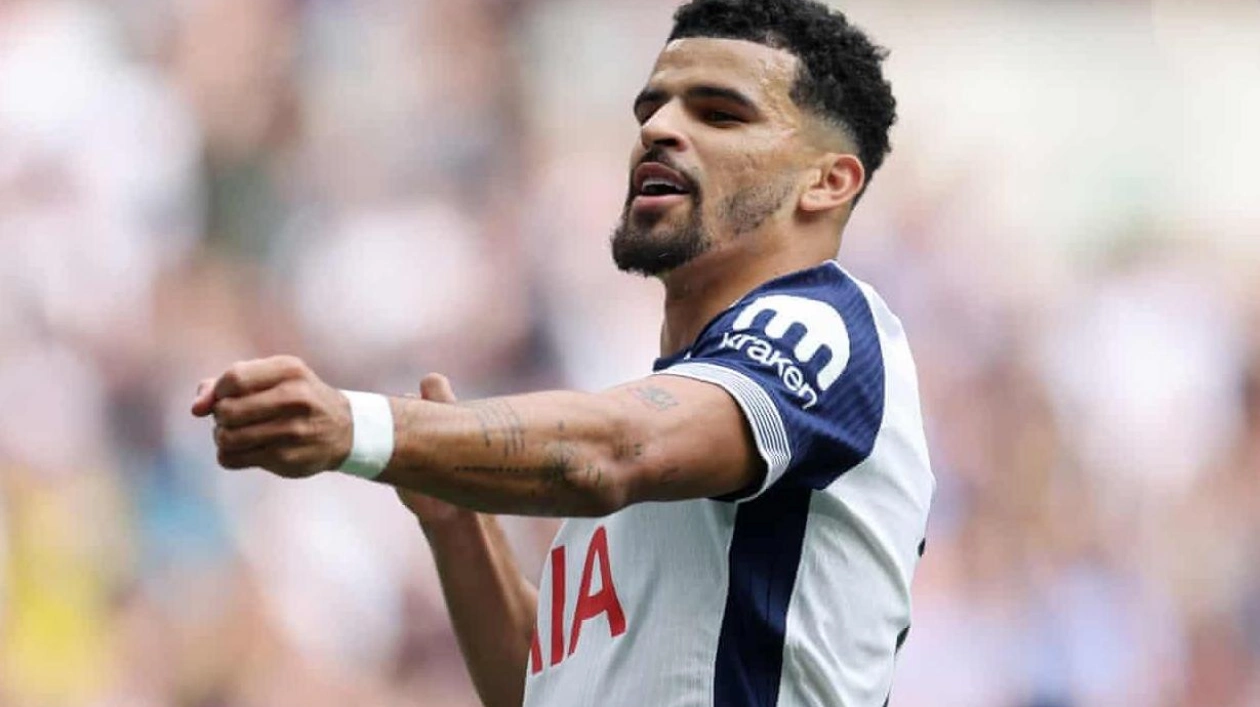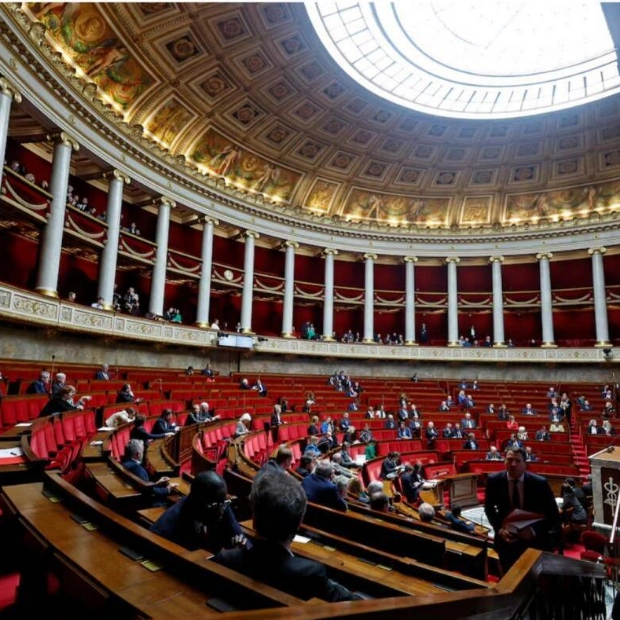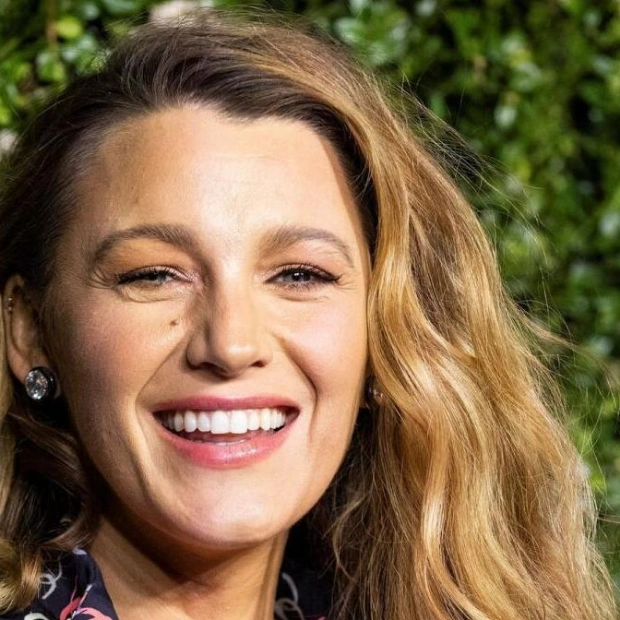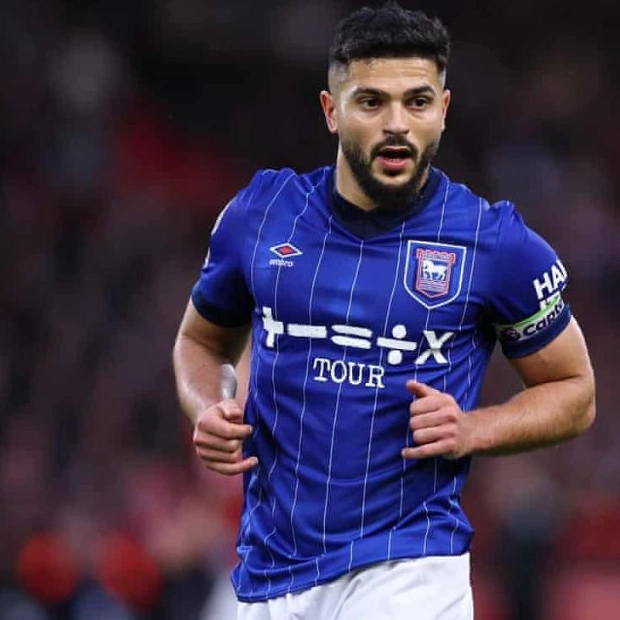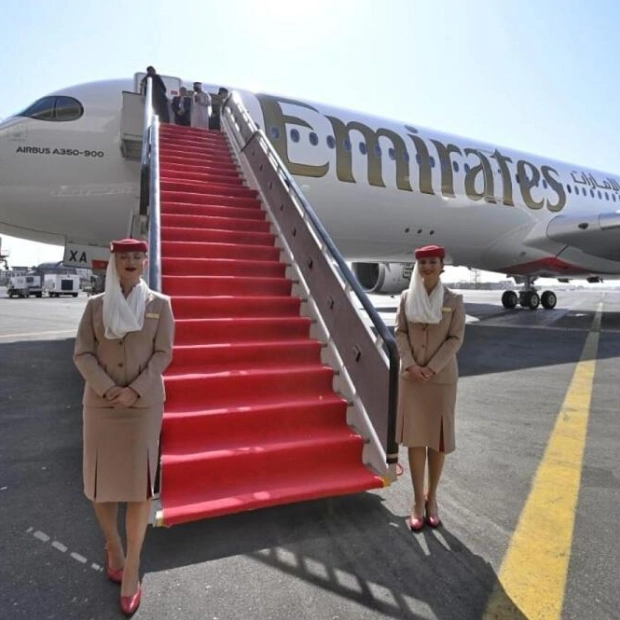Dominic Solanke must have experienced some initial nerves, largely due to the hefty transfer fee and the daunting task of filling the shoes of a club legend. It was the second Saturday of August when his £65m move from Bournemouth to Tottenham was made official. He was introduced at the club’s stadium just before their final pre-season friendly. Harry Kane was present, the Spurs icon back with Bayern Munich for the match, basking in the adoration of the crowd. If there was ever a moment to underscore the enormity of Solanke’s challenge, this was it.
There have been other moments that have highlighted the pressure. He mentions his “frustrating start with the injury” sustained during his debut at Leicester, which sidelined him for two matches. However, the focus has been on a single statistic—the one that defines every striker. After drawing a blank in the Carabao Cup tie at Coventry, the numbers were scrutinized: three appearances, zero goals. English football is obsessed with fast starts; a high-profile signing can gain significant credit with a strong beginning, but the opposite is also true.
On the Friday before last, Ange Postecoglou was questioned about how Solanke was handling the pressure, the fee, and the goal drought. The Spurs manager’s advice? “People need to chill, take a breath, do a bit of yoga…” Solanke smiles, perhaps more easily now that the wait for his breakthrough is over, with his poacher’s finish against Brentford followed by another in the Europa League game against Qarabag.
Solanke acknowledges that “when you join a bigger club, there’s added pressure” and he has faced this before—at Chelsea, where he rose through the youth ranks as a prodigy, and then at Liverpool, where he signed as a free agent in 2017. “I haven’t had the smoothest journey in my career,” he says, recalling his time under José Mourinho at Chelsea, who predicted Solanke would become an England international. Mourinho gave him one game in 2014-15 and loaned him to Vitesse Arnhem the following season. Then came the cold shoulder under Antonio Conte in 2016-17, leading Solanke to leave Chelsea without renewing his contract.
At least Mourinho didn’t need to reproach himself. Solanke made his England debut in November of his first season at Liverpool—in a 0-0 draw against Brazil at Wembley. Things didn’t work out at Anfield, mainly due to the presence of Mohamed Salah, Roberto Firmino, and Sadio Mané. Solanke was on the periphery, starting six games, failing to find his rhythm and score more than once. He moved to Bournemouth in January 2019 for £17m.
If Bournemouth was the making of Solanke, especially his 19-goal top-flight season last time out, then he feels he has found the perfect fit at Spurs, a team that under Postecoglou never wants to take a backward step, playing with a furious tempo. This will be evident when they visit Manchester United on Sunday, a pivotal game for both clubs. Under Erik ten Hag, United prefers a patient, positional approach.
“We are not scared of anyone, so we will go there and be on the front foot,” Solanke says. “One of the reasons I was so delighted to come to Tottenham was the play style. It suits me. I love it. When the team is playing well, we can dominate games. The way we play will create chances for me.” Solanke admits he is “probably still getting there” in terms of peak condition and sharpness but is “starting to get a bit of rhythm which is important.”
He does not shy away from outlining his ambitions—goals and trophies at Spurs—and they extend to the England scene. Solanke won the European Under-17 Championship in 2014 and the Under-20 World Cup in 2017, starring at both, but he has not added to his one full cap. “Everyone wants to play for their country, and it’s definitely something I’m looking to get back into,” he says. “Was England a part of the idea behind my transfer? Not really. But if you’re doing your stuff for a club like Tottenham, it’s definitely a lot easier to get into the fold. Tottenham is my main aim. But then hopefully I can get into the England team.”
As for Kane and the idea of replacing him, Solanke dismisses it. “I spoke to him when Bayern came in pre-season and he came into the changing room,” Solanke says. “He said what you’d probably expect, just good things about Tottenham. Harry is who he is. I don’t think anyone would want to see him replaced anyway. He’s a world-class striker. But I’m here now and I want to score as many goals as I can for Tottenham. And hopefully we can win some trophies.”
